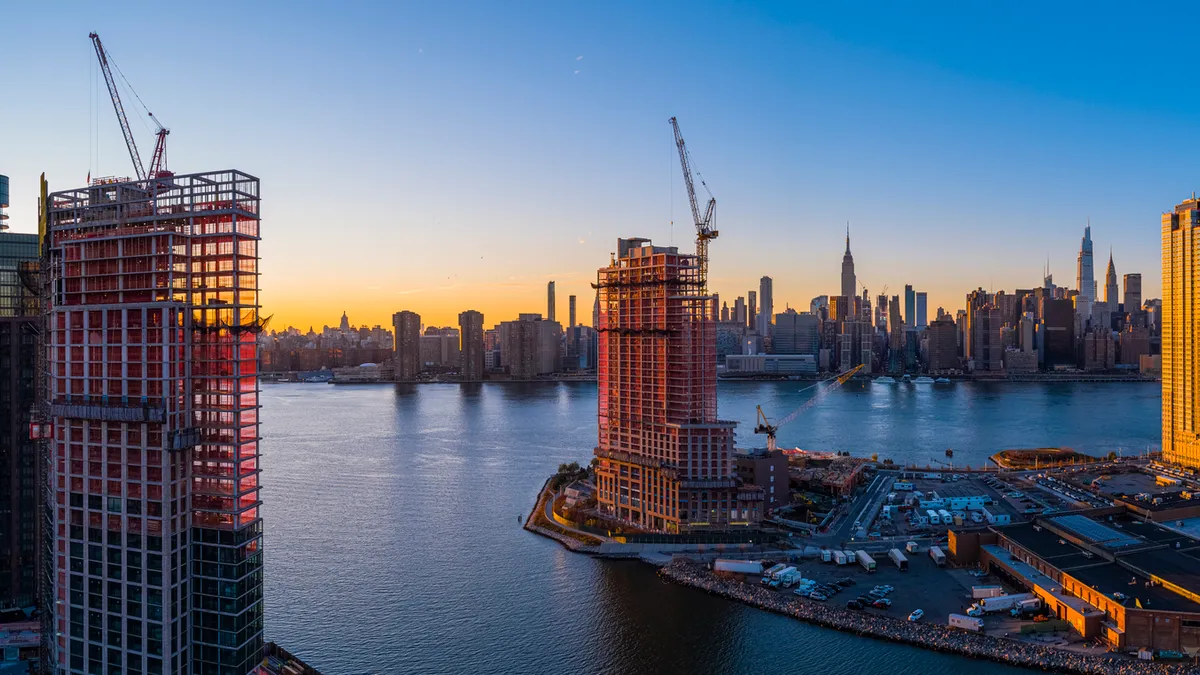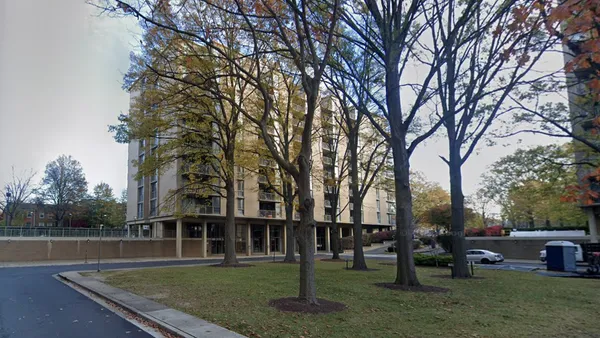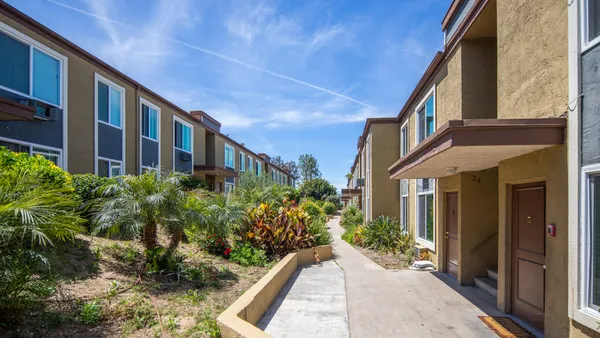Dive Brief:
- Strong job openings, wage growth and robust investment into equipment, IT and overall plant construction indicate the U.S. economy should avoid a recession this year, said Ken Simonson, chief economist for Associated General Contractors of America, during an AGC webinar on the construction outlook.
- Manufacturing and infrastructure projects, boosted by the Infrastructure Investment and Jobs Act and the CHIPS Act, remain the bright spot in terms of construction activity, said Simonson.
- “I remain optimistic that we’re not going to have one,” said Simonson, referring to a recession. “There’s just a lot of spending power on the consumer side and business side. State and local governments at all levels also have a lot of money to spend. Tax revenues have held up in a way that you don’t see during a recessionary period.”
Dive Insight:
Simonson expects “huge growth” in the next few months in the manufacturing sector, especially carbon capture and EV battery plants, he said.
Manufacturing spending increased about 5.9% in January and remains up about 53.6% since January 2022, according to an Associated Builders and Contractors analysis.
Major projects in the sector include a $4 billion Panasonic EV battery plant in De Soto, Kansas, and a $3.5 billion Ford EV battery plant in Marshall, Michigan, to name two.
“Manufacturing has been on a real tear. [There are] immense fabs going up outside of Phoenix, Austin and more recently Columbus, Ohio,” said Simonson. “We’re also seeing announcements practically every week about similarly large auto assembly or electric vehicle battery plants.”
Similar to Simonson, other economists last month pushed back their forecast for the start date of a U.S. recession, according to a survey from the National Association for Business Economics. Previously, about half of economists had forecast a downturn would start during the first quarter of 2023.
Rents slipping
Nevertheless, Simonson said rising materials, labor and financing costs still could put a dent in the overall economic recovery.
“We’ve already been hearing about rent starting to slip in some really hot markets recently like Boise, Phoenix and Denver,” said Simonson. “When current projects finish up, many developers are going to say, ‘wait a minute, my construction costs are going up, my financing costs are going up — and I can’t cover that with higher rents.’”
That could lead to a slowdown in not just apartment construction, but also to overall commercial categories such as warehouse, retail, office and lodging, said Simonson.
“[There are] a bunch of vulnerable categories because of those rising construction and financing costs that are no longer being matched by rising rents,” said Simonson. “There is quite a risk of recession, but my expectation is that the economic recovery will continue.”












